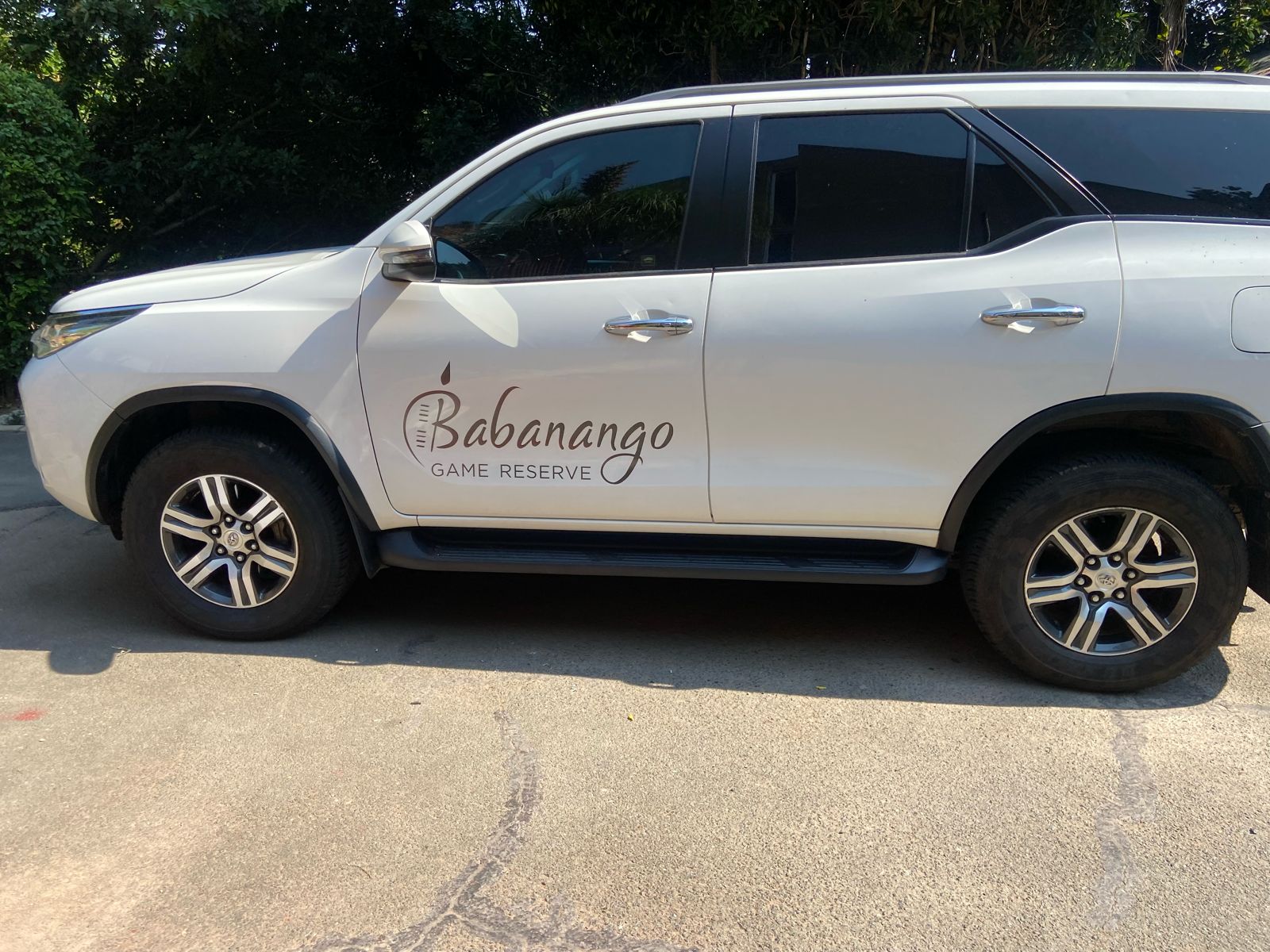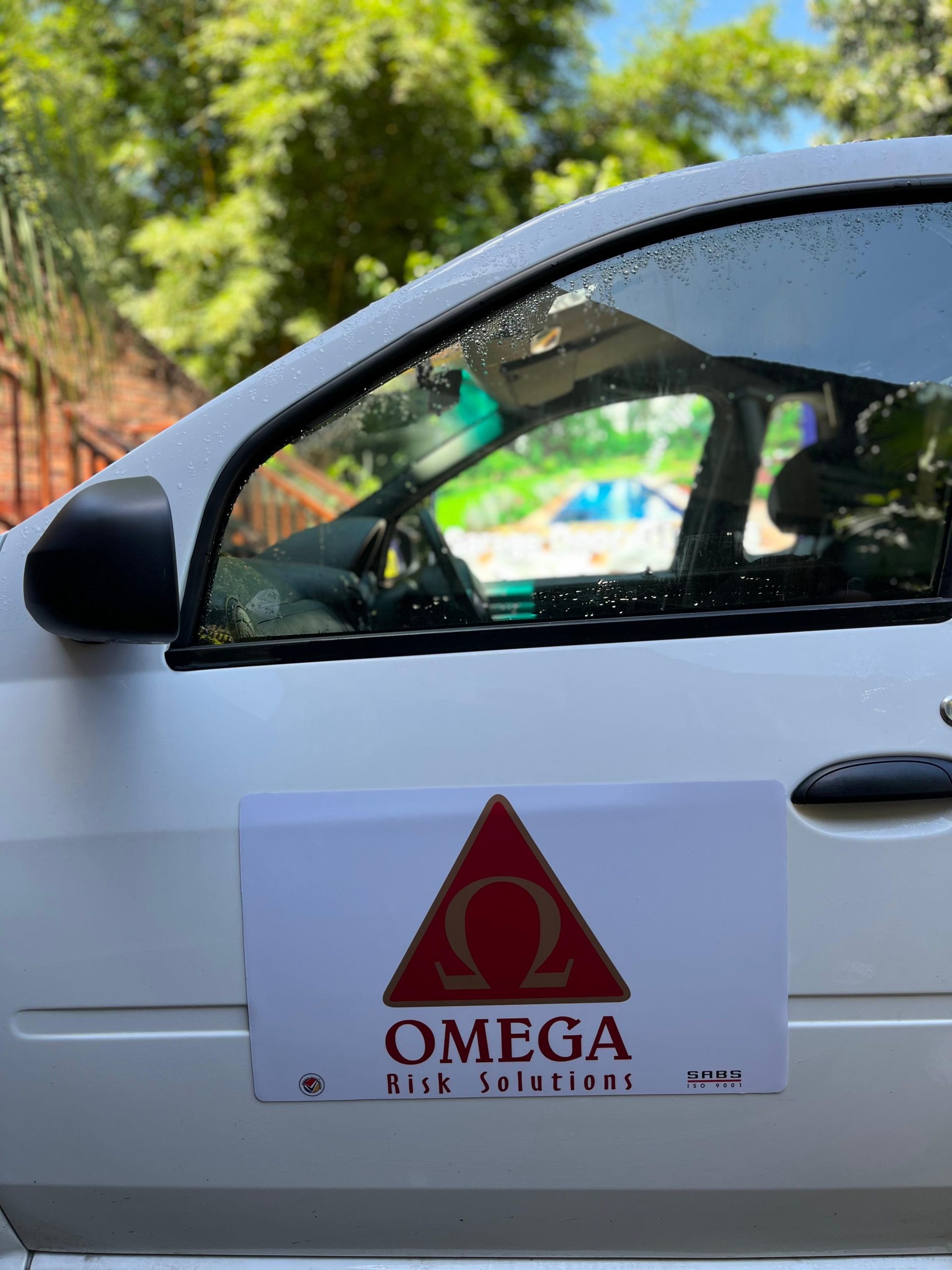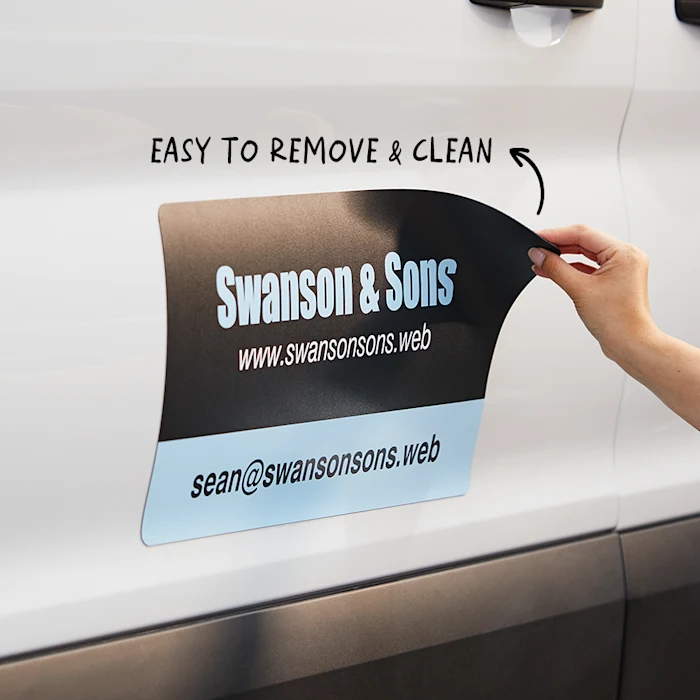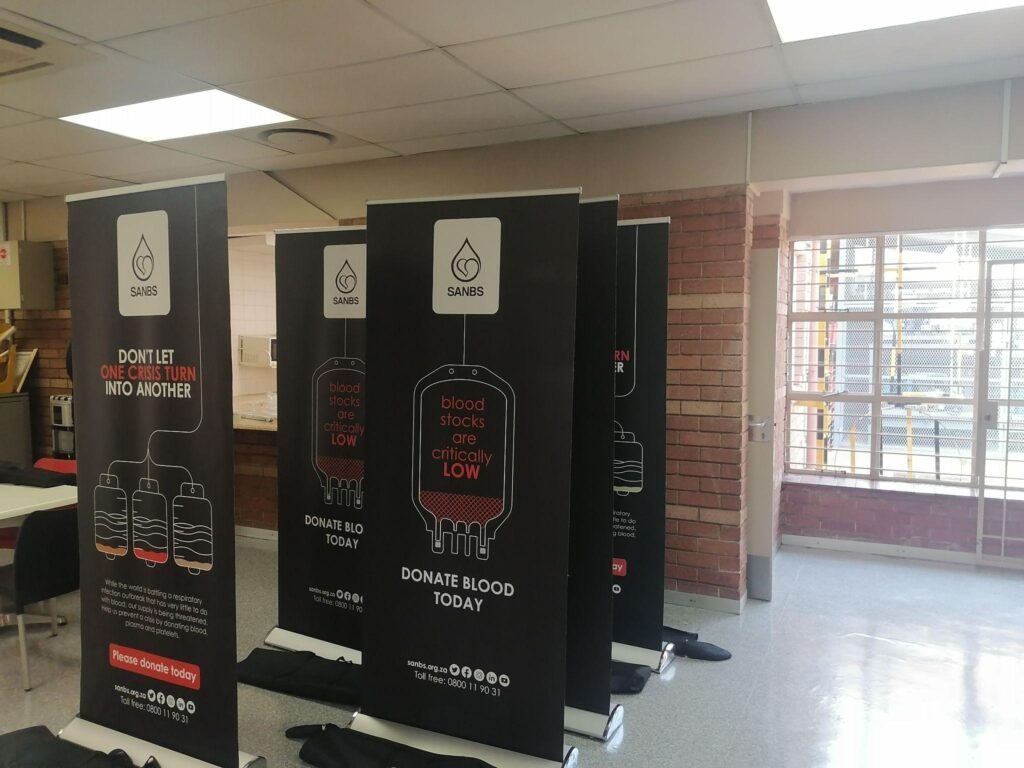In today’s competitive business landscape, establishing a strong and recognizable brand presence is crucial. One of the most effective ways to enhance brand recognition and attract customers is through custom business sign boards.
Whether placed indoors or outdoors, these signage solutions serve as a powerful tool for marketing, communication, and brand identity. In this article, we’ll explore how custom business signage boards can boost your brand, the various types available, and why investing in quality signage is key to long-term success.
The Importance of Business Signage for Brand Recognition
Business signage plays a vital role in the way customers perceive your brand. A well-designed sign can make a lasting impression, drawing attention and making your business stand out. Signage serves as a visual representation of your company, reflecting your brand’s values, professionalism, and appeal. The first impression is often the most crucial, and signs are often the first thing potential customers see.
- The Role of Business Signage in Marketing: Signs work 24/7 as silent marketing tools. Unlike ads that require continuous investment, a one-time signage investment delivers continuous exposure.
- How Signs Create a First Impression: The quality and design of your sign convey a lot about your business. A poor-quality or poorly designed sign might discourage potential customers, while a well-crafted sign communicates trustworthiness and professionalism.
- The Psychology of Colors and Fonts in Signage: Different colors evoke different emotions. For example, blue often conveys trust, while red may evoke excitement or urgency. Font choice also affects readability and mood, contributing to the overall perception of your brand.
Types of Business Sign Boards and Their Uses
When it comes to business sign boards, the options are numerous. Understanding the different types available helps businesses choose the best solutions for their needs.
- Outdoor vs Indoor Business Signage Boards: Outdoor signs are designed to attract external traffic, while indoor signs help reinforce branding and provide directions inside the premises.
- Illuminated and Non-illuminated Sign Boards: Illuminated signs ensure visibility day and night, making them ideal for businesses that operate after dark. Non-illuminated signs, while less expensive, are best suited for daytime use.
- Wall-mounted, Pylon, and Monument Signs: Wall-mounted signs attach directly to the building and are perfect for urban settings. Pylon signs are tall and noticeable from a distance, making them ideal for roadside businesses. Monument signs are more elegant and often used by offices or high-end establishments.
How Custom Sign Boards Enhance Brand Identity
Custom business sign boards offer a unique way to reflect your brand’s personality and values. By tailoring signs to your specific needs, you can create a cohesive and memorable brand image.
- Customization Options: Size, Materials, and Design: From selecting the right size and material to creating a unique design, custom signage gives businesses the flexibility to align their signs with their overall branding strategy.
- Aligning Signage with Brand Colors, Logos, and Messages: Effective signs incorporate brand elements like logos, slogans, and signature colors, reinforcing brand identity across all customer touchpoints.
- Case Studies of Businesses with Effective Custom Signs: Many successful brands, such as Starbucks and McDonald’s, use iconic signage as part of their global branding strategy. Their consistent use of logo and color creates a recognizable brand, even in new locations.
Materials for Custom Business Signs
The material you choose for your company signage impacts not only the appearance but also the durability and cost. Different materials work better in different environments and for different purposes.
- Common Materials: Wood, Acrylic, Metal, and Glass: Wood offers a traditional look, while acrylic provides a sleek, modern feel. Metal signs are durable and often used for industrial or outdoor applications, while glass adds an upscale touch, often seen in office lobbies.
- Advantages and Disadvantages of Each Material: Wood may require more maintenance, while metal is durable but can be costly. Acrylic offers versatility, and glass, while elegant, may not be ideal for all environments.
- Choosing the Right Material for Your Brand: Depending on your brand’s aesthetics and your location’s environment, you’ll want to choose a material that complements both function and appearance.
Designing Effective Business Signage
A sign’s effectiveness largely depends on its design. A well-designed sign is clear, concise, and visually appealing, while a poorly designed one can confuse or disinterest potential customers.
- Key Elements of Effective Sign Design: Simplicity, clarity, and alignment with brand aesthetics are crucial in designing signs that communicate your message effectively.
- Typography, Readability, and Visibility: Large, legible fonts ensure that your sign is readable from a distance. Contrast between text and background colors is also essential for visibility.
- Balancing Creativity with Professionalism: While creativity is important in standing out, professionalism ensures that your sign aligns with your industry’s standards. For instance, a playful font may work for a café but might be inappropriate for a law firm.
The Role of Business Signage in Customer Attraction
Signs do more than promote your business—they can also draw customers in. Effective signs capture attention, direct customers, and create a seamless experience from the moment they walk in the door.
- Location and Placement: Maximizing Visibility: Strategically placing your signs ensures maximum exposure to foot and vehicular traffic. For instance, positioning signs at eye level near entrances or along busy roads can increase visibility.
- The Power of Wayfinding Signage: Wayfinding signs help guide customers within a space, improving their experience by making navigation easy and intuitive.
- Attracting Foot Traffic with Dynamic Digital Signs: Digital signs are becoming increasingly popular for businesses looking to captivate potential customers with moving visuals and real-time updates.
Benefits of Investing in Custom Business Signs
While custom business signage boards require an upfront investment, the long-term benefits often outweigh the costs.
- Long-term Branding and Cost-effectiveness: Once installed, a sign continues to advertise your business without any additional costs, making it a cost-effective form of long-term marketing.
- 24/7 Marketing: Outdoor signs, especially illuminated ones, work around the clock, attracting customers even when your business is closed.
- Increasing Brand Awareness and Sales: A well-placed, well-designed sign can directly contribute to increased foot traffic and, ultimately, higher sales by making your brand more recognizable.
Outdoor Business Signs: Maximizing Impact
Outdoor business signs are essential for businesses that rely on foot traffic or want to increase their visibility.
- Why Outdoor Signs Are Vital for Your Business: Outdoor signs introduce your brand to potential customers passing by, making them crucial for generating awareness.
- Best Locations for Outdoor Signage: High-traffic areas, such as near roads or busy walkways, offer the best visibility for outdoor signs.
- Durability and Weatherproofing Considerations: Outdoor signs must withstand weather conditions, from sun exposure to rain and snow. Choosing weather-resistant materials and finishes is crucial for longevity.
Indoor Business Signs: Creating a Cohesive Environment
Indoor signs contribute to your overall branding while guiding customers through your space.
- Indoor Signs for Office Branding: Custom signs in offices, such as reception signs or wall graphics, create a professional and cohesive look.
- Lobby and Reception Signs: The reception area is often where first impressions are made, making lobby signs an essential part of interior branding.
- Internal Navigation and Wayfinding Signs: Well-placed directional signs improve the customer experience by making it easy to find specific areas within your business.
Signage Regulations and Compliance
Before installing any signage, it’s important to ensure compliance with local regulations.
- Understanding Local Signage Laws: Every city or town has regulations governing the size, placement, and illumination of business signs.
- Permits and Approval Processes: You may need to apply for permits before installing signs, especially for large or illuminated ones.
- How to Ensure Compliance with Zoning Regulations: Working with a professional signage company can help ensure that your signs comply with all local zoning and code requirements.
Digital Signage: A Modern Approach to Business Sign Boards
Digital signage is a growing trend that allows businesses to display dynamic content.
- Advantages of Digital Signage for Businesses: Unlike traditional signs, digital signs can display different messages, promotions, or updates in real-time.
- How to Integrate Digital Signs with Traditional Signage: Combining digital signs with traditional ones can create a comprehensive branding strategy.
- The Future of Digital Business Signs: As technology advances, digital signs will likely become more interactive and personalized, offering businesses even greater flexibility in customer engagement.
The Process of Creating Custom Business Signs
Creating custom company signs involves several steps, from conception to installation.
- From Concept to Installation: Steps Involved: The process includes designing the sign, selecting materials, gaining approval, and professional installation.
- Working with Signage Professionals: Partnering with a signage company ensures that your vision is executed professionally and efficiently.
- Tips for Collaborating with Designers: Clearly communicate your brand vision, preferred materials, and budget to get the best results from the design team.
Maintaining and Upgrading Business Signage
Once your signage is installed, maintaining it ensures that it continues to reflect your brand positively.
- Regular Maintenance Tips for Longevity: Regular cleaning, repairs, and touch-ups help keep your sign looking fresh.
- Upgrading Outdated Signs for a Fresh Look: If your sign looks dated or no longer aligns with your brand, it may be time for an upgrade.
- Best Practices for Maintaining Illuminated and Digital Signs: Ensure that illuminated signs are regularly inspected for light issues, and digital signs are updated frequently to keep the content relevant.
Costs of Custom Business Sign Boards
Several factors influence the cost of custom business signs, but there are options for all budgets.
- Factors Affecting Pricing: Materials, Size, and Complexity: More elaborate designs and premium materials will increase costs, but they also enhance durability and impact.
- Getting Value for Your Investment: Consider the long-term value of a high-quality sign, which can continue attracting customers for years.
- Budget-friendly Options for Small Businesses: Small businesses can opt for simpler, non-illuminated signs or smaller-scale designs that still make a big impact.
Choosing the Right Signage Company
The right signage company can make all the difference in the outcome of your project.
- What to Look for in a Signage Provider: Experience, portfolio, and customer reviews are all important when selecting a signage company.
- Questions to Ask Before Hiring: Ask about materials, design services, timelines, and maintenance options.
- Case Studies of Successful Signage Projects: Look for examples of past projects to ensure the company can deliver the quality and style you’re looking for.
FAQs about Custom Business Sign Boards
- What are the most common types of business signage?
- Common types include outdoor signs, indoor signs, illuminated signs, and digital signage.
- How long does it take to create custom sign boards?
- The process typically takes a few weeks, depending on the complexity of the design and materials used.
- How can I ensure my signs comply with local regulations?
- Consult with your signage provider, who will be familiar with local laws and can guide you through the permitting process.
- Are digital sign boards more effective than traditional ones?
- Digital signs offer flexibility in displaying dynamic content, but traditional signs are still highly effective for brand visibility.
- How often should I update my business signage?
- It’s a good idea to review your signage every 5-7 years, or when your branding or messaging changes.
- What is the best material for outdoor signs?
- Durable materials like metal or acrylic are ideal for outdoor signs due to their weather resistance.



